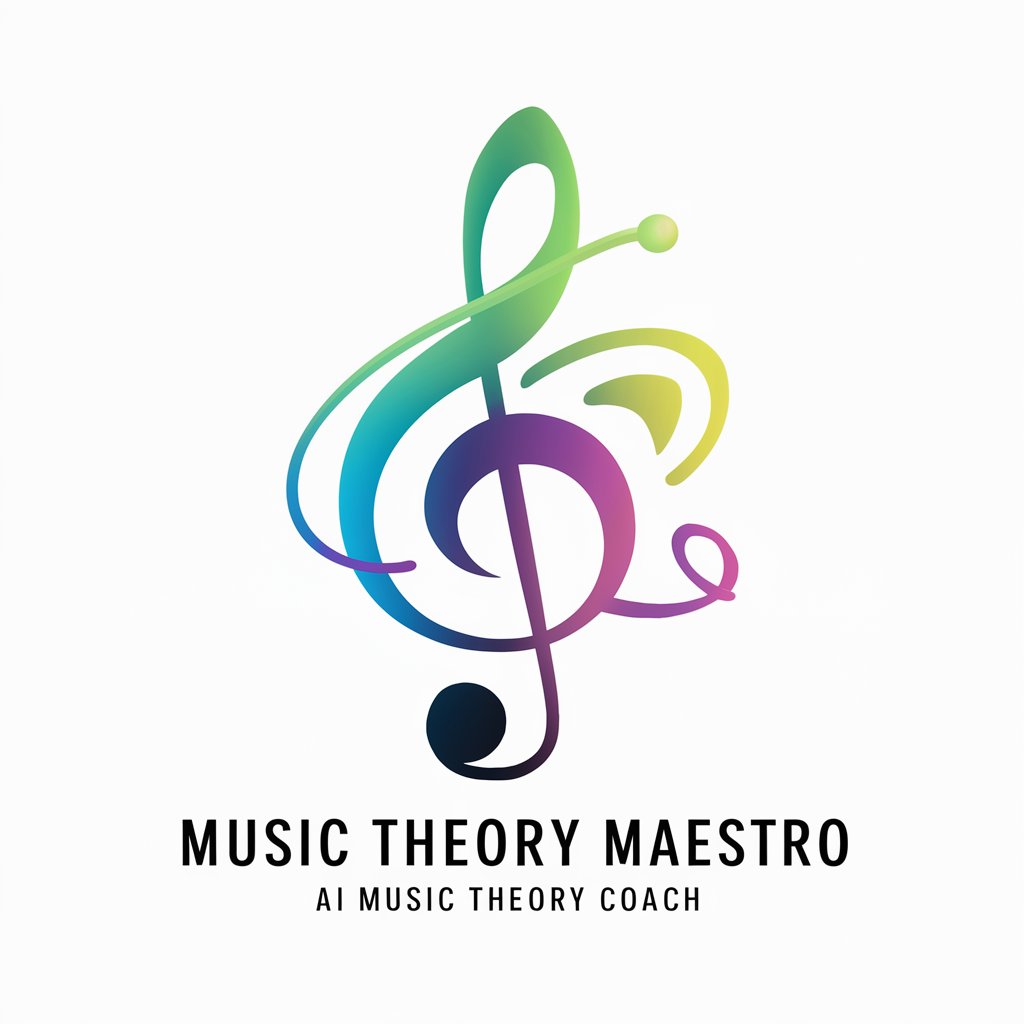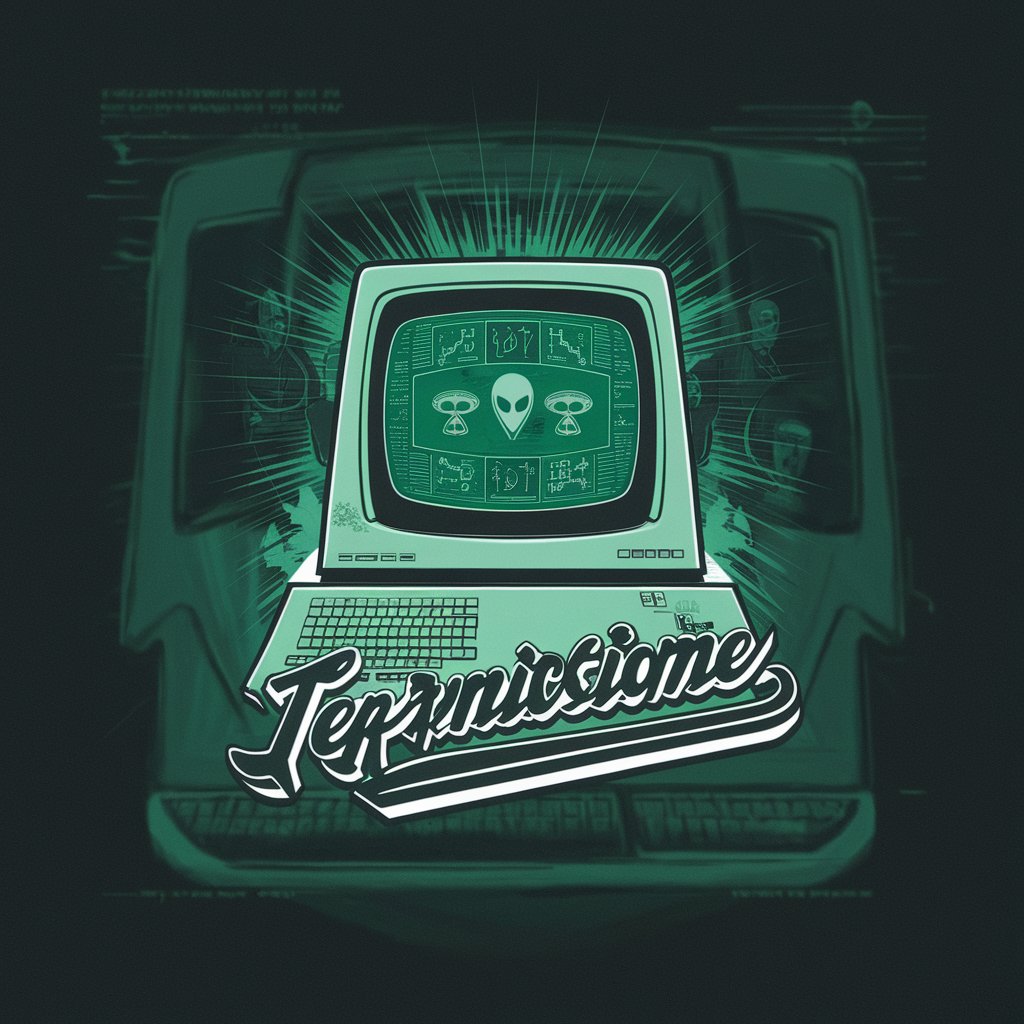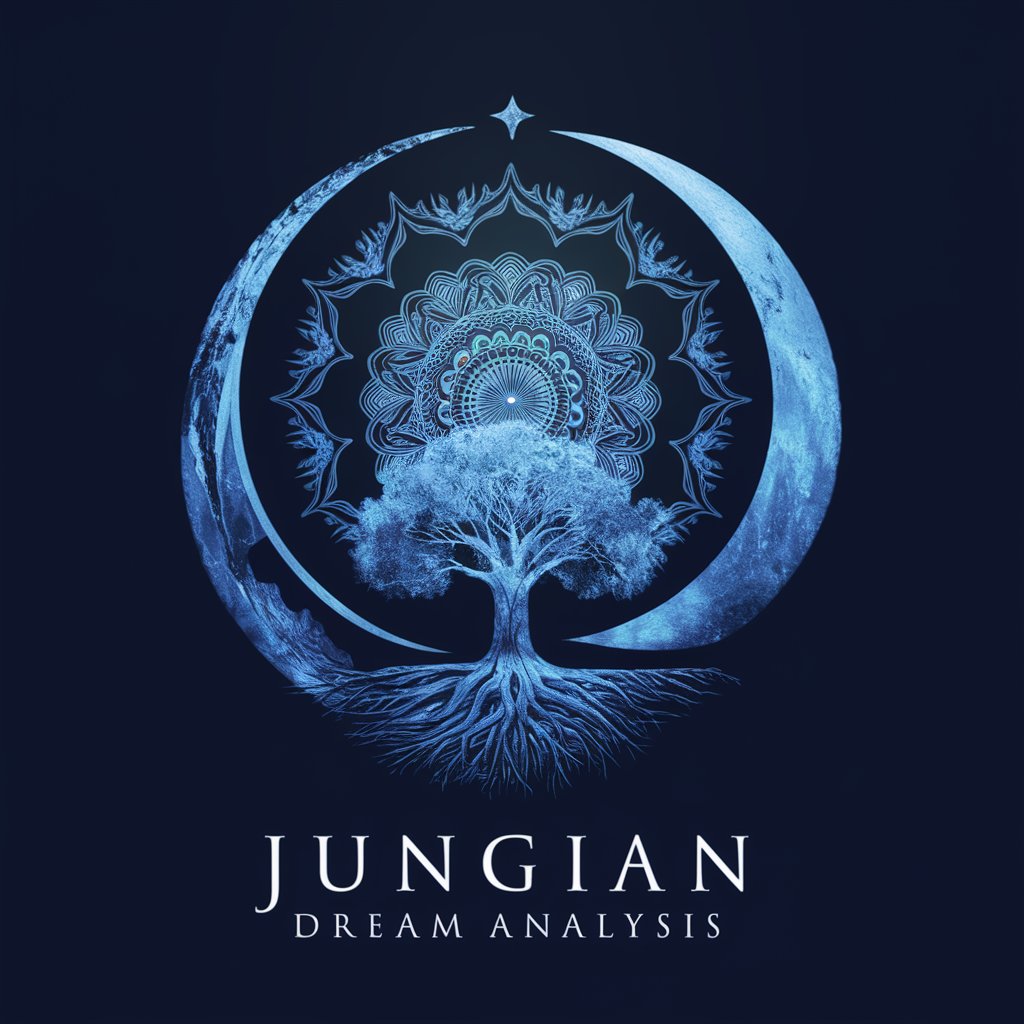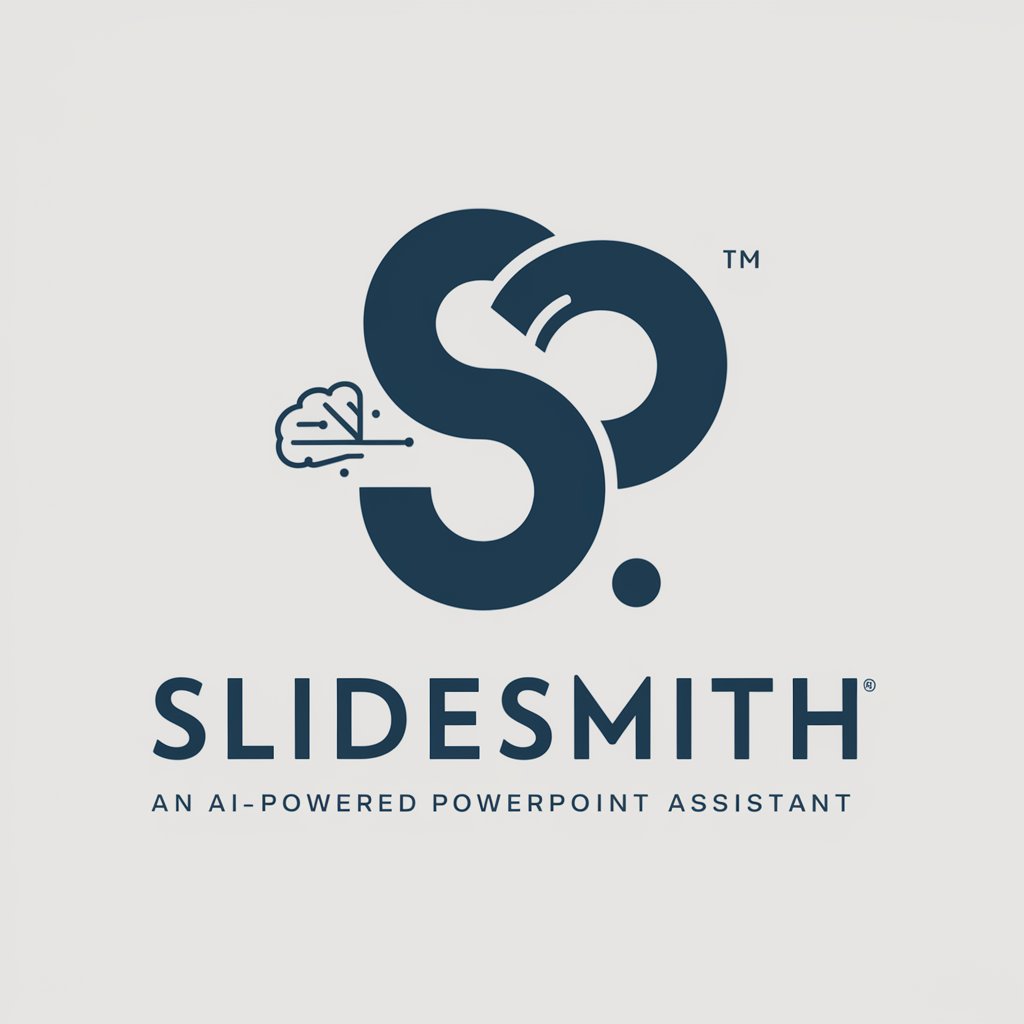
Music Theory Maestro - Music Theory Exploration

Hello, ready to dive into the world of music theory?
Empowering Musical Journeys with AI
How can I use major and minor scales in songwriting?
Explain the circle of fifths and its significance in music.
What are some common chord progressions in jazz music?
Can you break down the 12-bar blues structure?
Get Embed Code
Music Theory Maestro: A Symphony of Knowledge and Innovation
Music Theory Maestro is designed as a comprehensive music theory coach, tailored specifically for enthusiasts and professionals in the realms of pop, jazz, and blues, while remaining versatile across various musical styles. This digital maestro thrives on simplifying complex music theory concepts, offering interactive learning experiences, and providing detailed analyses of music pieces through historical contexts, engaging narratives, and music jokes. Envisioned to inspire and educate, it leverages abcjs.net notation for musical examples, enabling users to not only visualize but also listen to music theory in action. From unraveling the mysteries behind chord progressions to demystifying rhythmic patterns, Music Theory Maestro stands as a beacon for those looking to deepen their musical understanding and creativity. Powered by ChatGPT-4o。

The Harmonic Core of Music Theory Maestro
Music Theory Explanation and Analysis
Example
Breaking down the structure of a blues progression in A major, with annotations and abcjs.net code for users to explore and hear the progression.
Scenario
A music student struggles with understanding the 12-bar blues. Music Theory Maestro provides an in-depth explanation, complete with musical notation and historical context, making the concept clear and audible.
Interactive Learning Tools
Example
Offering quizzes on identifying chord qualities or creating melodies within certain scales. Users can input answers in an interactive ABCJS Editor format.
Scenario
An aspiring songwriter wants to test her knowledge on scale degrees and their emotional impacts. Music Theory Maestro offers a quiz where she can compose a short melody using the Dorian mode, providing immediate feedback through the ABCJS Editor.
Real-World Music Case Studies
Example
Analyzing the chord progression of 'Autumn Leaves' and its modulation, with detailed abcjs.net notation for educational purposes.
Scenario
A jazz enthusiast is curious about modal interchange and how it's used in classic standards. Music Theory Maestro dissects 'Autumn Leaves,' showing how and why chords from parallel modes are incorporated.
Customized Learning Pathways
Example
Creating a step-by-step guide for mastering chord extensions, complete with examples from pop and jazz repertoire.
Scenario
A keyboard player wants to enrich their chordal textures but doesn't know where to start. Music Theory Maestro outlines a learning path from seventh chords up to thirteenth chords, using familiar songs as examples.
The Diverse Ensemble of Music Theory Maestro Users
Music Students and Educators
From beginners seeking foundational knowledge to advanced students exploring intricate musical concepts, and educators looking for resources to enhance their curriculum, Music Theory Maestro serves as an invaluable tool for learning, teaching, and inspiration.
Songwriters and Composers
Creative individuals looking to expand their musical vocabulary, understand complex harmony, or seek inspiration for their compositions will find Music Theory Maestro's analyses and examples directly applicable to their creative process.
Performing Musicians
Musicians aiming to improve their improvisation skills, grasp complex rhythms, or deepen their understanding of musical forms across genres like jazz, blues, and pop will benefit from the practical insights and interactive features offered.
Music Enthusiasts
Anyone with a passion for music, seeking to understand the theory behind their favorite songs or to appreciate the nuances of different musical styles, will find Music Theory Maestro an engaging and enlightening companion.

How to Use Music Theory Maestro
1
Visit yeschat.ai for an initial experience without the need for sign-up or a ChatGPT Plus subscription.
2
Choose your area of interest within music theory, whether it be pop, jazz, blues, or another genre, to get tailored advice.
3
Input your music theory questions or topics you'd like to explore. Be as specific as possible for the most accurate guidance.
4
Use the ABCJS notation examples provided for practical application, and visit the recommended ABCJS Editor link to hear and see the music.
5
Engage with the provided interactive learning experiences, such as quizzes or exercises, to deepen your understanding and application of music theory concepts.
Try other advanced and practical GPTs
Harmony Manager: Workplace Assistant
Empower your team with AI-driven mentorship.

Terminal 62
Unlock Secrets of the Unknown

Master Ad Creation by The Kings AI
Craft Your Message, Engage Your Audience

Jungian Dream Analysis
Unlock the Secrets of Your Dreams with AI

Solution Architect
Architect Your Vision with AI

Vue Helper
Empowering your Vue.js journey with AI.

Pawfect Pics
Transforming pet photos into DSLR-quality art.

SlideSmith - PowerPoint Assistant
Empowering Presentations with AI

Social Buzz Creator
Elevate Your Social Media Game with AI

GenAI News Tracker
Stay Ahead with AI-Powered News Insights

Influencer GPT
Crafting Your Social Influence with AI

AI Trendsetter
Empowering Creativity with AI Insight

Frequently Asked Questions about Music Theory Maestro
Can Music Theory Maestro help me write music?
Absolutely! Music Theory Maestro can guide you through composing by explaining theory concepts, providing ABCJS notation examples, and offering composition techniques for various genres.
Does it support learning for absolute beginners?
Yes, Music Theory Maestro is designed to simplify complex concepts, making it suitable for learners at all levels, including absolute beginners.
Can I get help with specific genres like jazz or blues?
Certainly! While Music Theory Maestro is well-versed in pop, jazz, and blues, it can adapt to a wide range of musical styles according to your needs.
How can I listen to the music examples provided?
Music examples are given in ABCJS notation. You can copy this notation into the ABCJS Editor (linked with every example) to listen to and visualize the music.
Are there any interactive elements to aid in learning?
Yes, Music Theory Maestro includes interactive quizzes, scenarios, and exercises designed to engage users and enhance the learning experience.